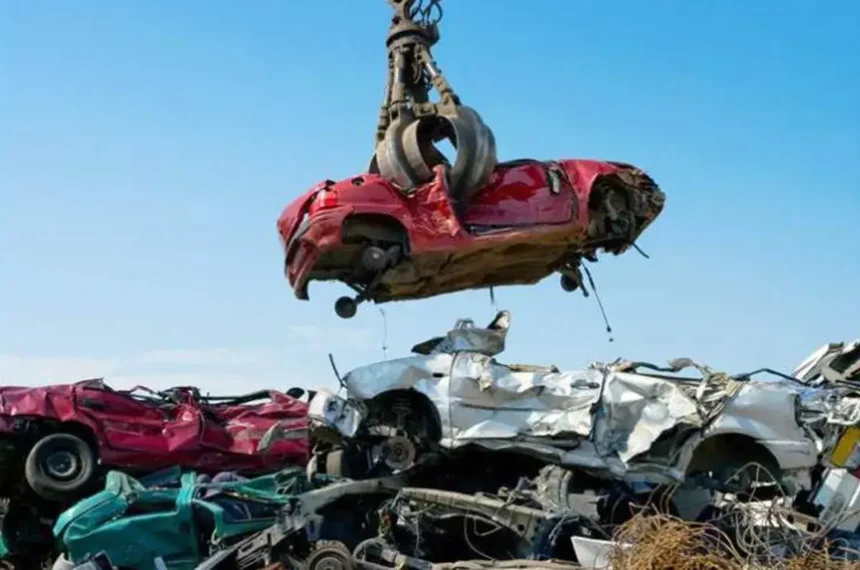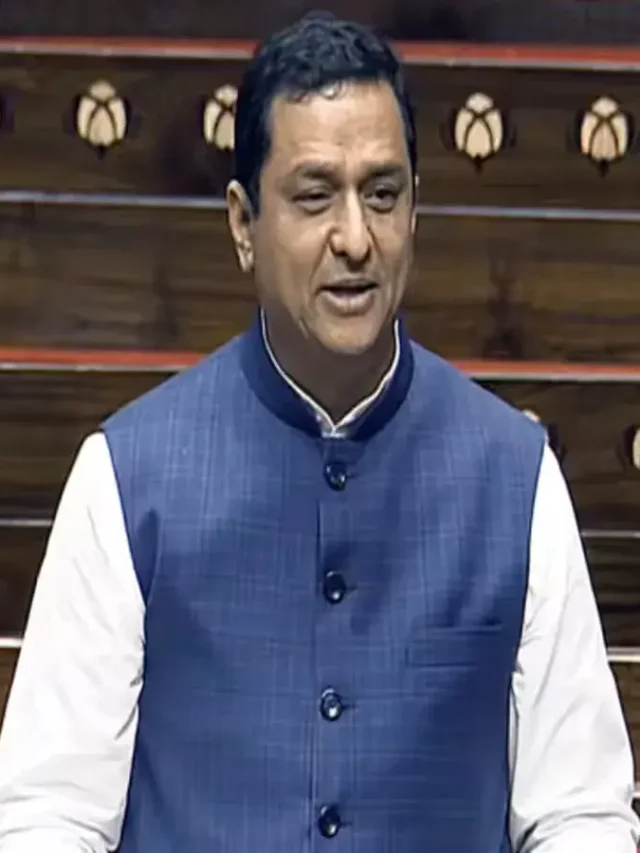Introduction: The inauguration of India’s new Vehicle Scrappage Policy in 2021 endeavors to tackle the predicament of road-risky and environmentally deleterious unfit vehicles. This policy delineates a methodical disbandment of aged vehicles that contribute to pollution and ecological impairment. Implementation of the policy commences once the vehicle’s registration period concludes.
Crucial Facets of the Vehicle Scrappage Policy:
- Fitness Evaluation and Disbandment: Within a stipulated timeframe, vehicles are subjected to a fitness evaluation. In concordance with the Motor Vehicle Laws, vehicles are deemed fit for a mere 15 years. Post this period, aged vehicles significantly augment environmental deterioration vis-à-vis newer counterparts. Commercial vehicles aged over 15 years and passenger vehicles aged over 20 years are subjected to automatic scrappage upon failing the fitness assessment.
- Policy’s Core Aim: The central tenet of the scrappage policy revolves around methodically identifying and recycling vehicles that no longer meet fitness standards. This process aims to alleviate pollution emanating from such vehicles and thereby fosters national development.
- Environmental Implication: Unfit vehicles inflict environmental harm and impede the nation’s progress. The policy serves to ameliorate this quandary by curbing pollution. Moreover, recycling materials such as steel, plastic, and metals from these vehicles curtails manufacturing expenses and potentially catalyzes vehicle sales.
- New Vehicle Incentives: A pivotal outcome of the scrappage policy is the incentivization of vehicle owners to procure new ones. This incentive mechanism augments vehicle sales and synergizes with the overarching objective of mitigating environmental harm.
Timetable of Implementation:
The Ministry of Road Transport and Highways ardently champions the establishment of Registered Vehicle Scrapping Facilities across the nation, entailing both public and private participation. The envisaged rollout timeline of the policy is as follows:
- Advertisement -
- Fitness tests and scrapping center regulations: 01 October 2021
- Scrappage of government and PSU vehicles surpassing 15 years: 01 April 2022
- Fitness assessment for heavy commercial vehicles: 01 April 2023
- Fitness assessment for other vehicle categories: 01 June 2024 For private vehicles aged beyond 20 years, deregistration is slated to commence from 01 June 2024 upon failing the fitness assessment or non-issuance of a registration certificate. Similarly, commercial vehicles aged over 15 years will undergo deregistration, commencing from 01 April 2023.
Vehicle Classification within the Scrappage Paradigm:
Given the diverse spectrum of vehicles traversing Indian roads, a nuanced stratification becomes imperative. The scrappage policy bifurcates vehicles as follows:
- Commercial Vehicles: Vehicles employed for commercial pursuits, such as buses, fall within this category. Post 15 years, these vehicles are subjected to fitness evaluation, with non-compliant ones being scrapped.
- Government Vehicles: Government vehicles crossing the 15-year threshold will be scrapped, effective from 01 April 2022.
- Private Vehicles: Privately used vehicles, catering to daily commutes, face scrappage after 20 years, contingent upon being unfit or a failure to renew the registration certificate. Vehicles aged beyond 15 years will attract augmented re-registration fees.
- Vintage Vehicles: Vintage vehicles, generally older and sparingly driven, constitute a distinct category. Scrapping determinations for these vehicles hinge on their condition and upkeep.
Conclusion: India’s Vehicle Scrappage Policy’s inception marks a pivotal stride towards tackling pollution and environmental jeopardy arising from unsuitable vehicles. By classifying vehicles and delineating lucid timelines, the policy streamlines the scrappage process and incentivizes the adoption of modern, eco-friendly vehicles. This landmark policy heralds a future characterized by a greener and more sustainable transportation sector in India.










